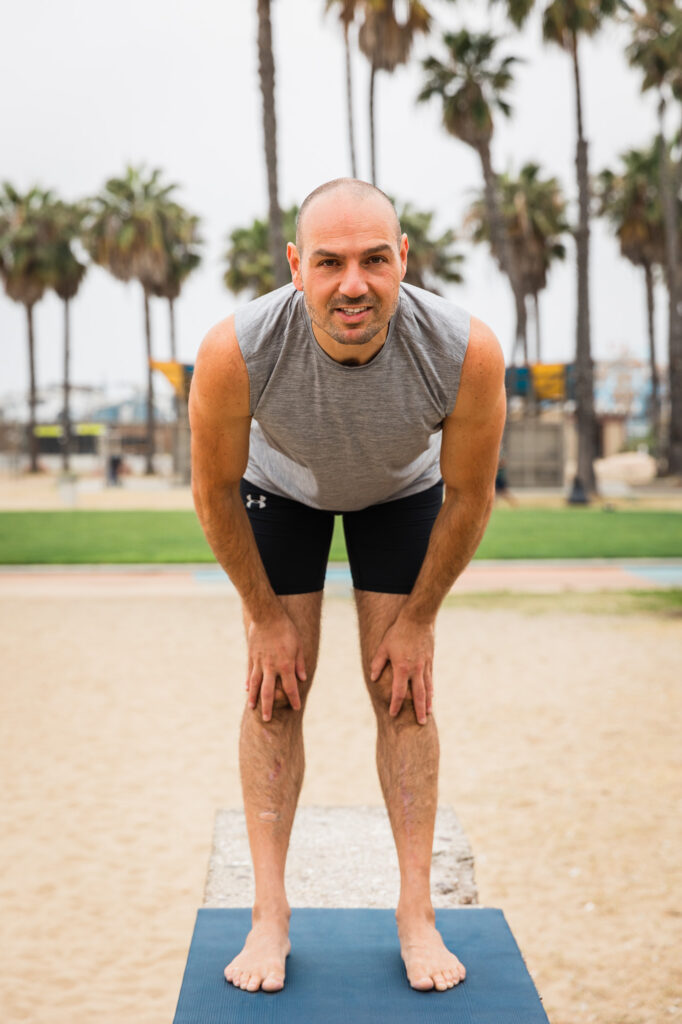Treatment for Hypoglycemic Reactions
If a diabetic is hypoglycemic, you’re probably going to give them glucose. There’s many ways of giving glucose (oral, injection, etc). Patients who are very brittle diabetics and are insulin dependent may carry a syringe of glucagon to reverse their hypoglycemia.
Scenario
Pretend a patient comes in the ER, comatose, and they have a wristband that says they’re diabetic. Do you treat them for hypoglycemia or hyperglycemia?
- If the patients were hypoglycemic and you gave them more sugar, that’s great.
- If the patient was hyperglycemic and you gave them more sugar and made them go from 500 to 600 blood sugar. That’s okay, there’s no major acute consequences.
- If you thought the patient was hyperglycemic and they really were, and you gave them insulin, that’s great.
- If you thought the patient was hyperglycemic, but they actually were hypoglycemic, their blood sugar will drop now below 20. A blood sugar level below 30 for 5 minutes will have brain damage in less than half an hour.
Your biggest concern is a low blood sugar level, not a high blood sugar level because there’s no consequences immediately for that.
If the patient is comatose, their blood sugar is probably really high or really low. If you prick their finger and do a blood test, the finger tests are not reliable if the blood sugar is very low or very high!
Chronic Hypoglycemia
This has nothing to do with diabetes. This is for an individual with chronically low blood sugar. Their symptoms are always tired, sleepy, irritable, etc and they have to eat all day. Diazoxide (Proglycem®) is an oral pill for a non diabetic with chronic hypoglycemia. This medication will help keep their blood sugar elevated.
Drug Caution
Beta Blockers. Do beta blockers work on blood sugar? No. But they may mask the symptoms of hypoglycemia. Can you still use it in a diabetic? Yes but they have to be cautious.






